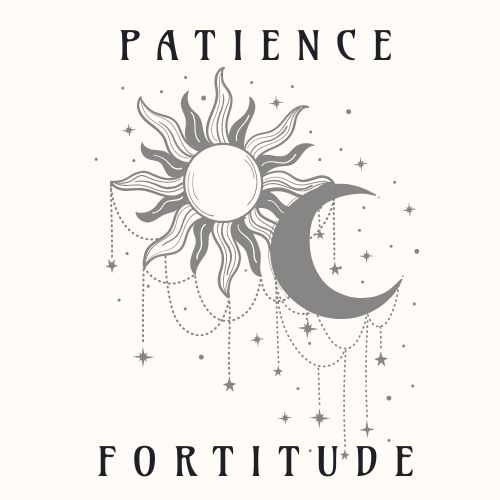I was one of the thousands of fans whose morning was consumed by the release/leak of the Avengers movie gag reel. If you don’t know, just take my assurances about the fact that I am a crazy fangirl for the movie and let me just add #COULSONLIVES.
But then I got to work (er, late. Shut up). There, I found out that my co-worker was told yesterday that a very close friend, someone he had plans to see later this weekend, had committed suicide. He’s devastated, and I’m verklempt.
It’s awkward to talk to someone in these moments of initial shock. I ask for the friend’s name, how old he was, what he did; I know how important it is to talk about that person, because he was important and loved. Hiding from his name or his influence does not lessen the impact of grief, it just shames it, so the first thing I always do is ask for details about the person who died. It’s not much, but at least it proves to the griever that it is still possible to talk about their loved one.
Worse, in our culture we are not adequately prepared to deal with “friend grief” – it’s outside the boundaries of family, but closer than everyone else who knew the deceased.My fellow blogger, Victoria Noe, has a site that deals specifically with this (Friend Grief) because of how overlooked the phenomenon is in our society. But the truth is that in our modern, fractured world, friends are often closer to use physically and emotionally than the majority of our relatives. Friends are the “found family” we choose to keep close and share our lives with, and that makes them precious.
As an atheist, I cannot assure my co-worker that he will see his friend in Heaven or any other afterlife, and I won’t tell him that I am praying for him or his family. What I can do is talk to him about his friend, ask questions about their life together, and help another mourner come remember.
Remembering is, to me, far more important than any prayer.
#
